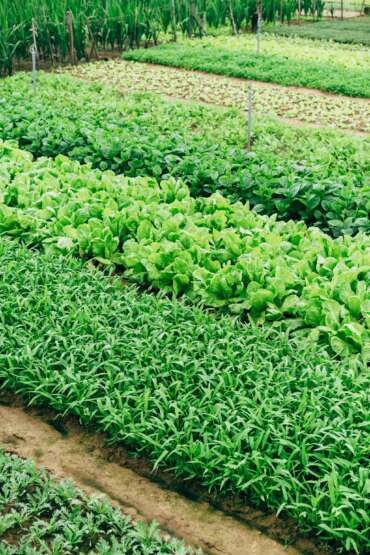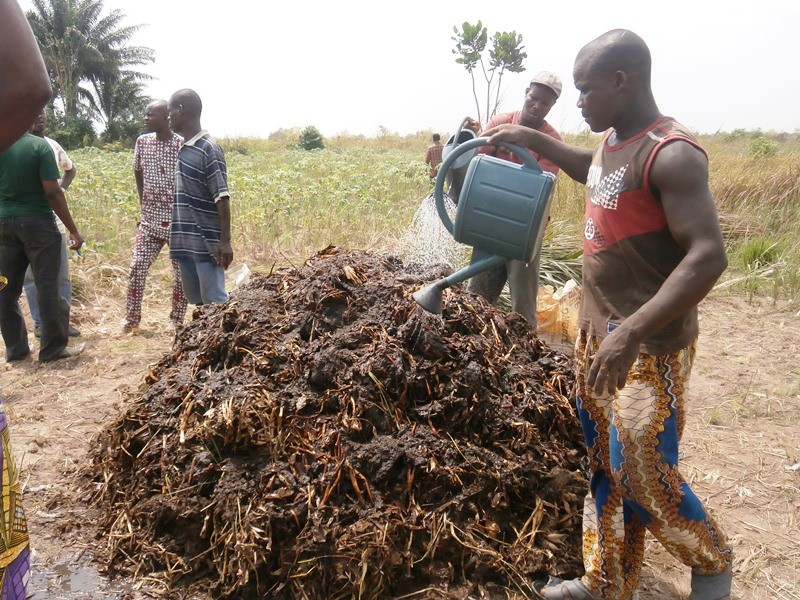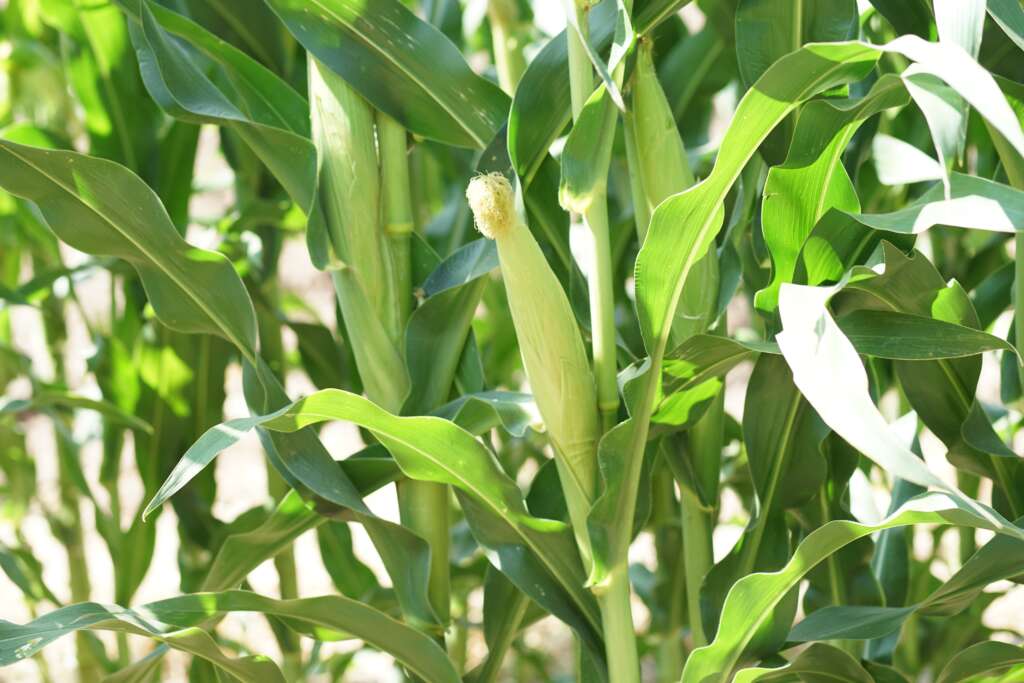Poor access of smallholder farmers to innovations and markets. Most interventions regarding FNS-related issues strategically focus on smallholder farmers who represent the majority of farmers worldwide.[1] This target group is paradoxically known to be particularly affected by food insecurity and malnutrition, whilst at the same time, playing an essential role in ensuring FNS. But the world has developed – and continues to develop – agricultural innovations that could increase the productivity and performance of smallholder farmers.
However, very often, those innovations fail to reach the last mile and impact those most in need. On the other hand, smallholder farmers are characterized by a poor and unstable access to markets and increasing productivity for smallholders creates a higher volume of agricultural produce that needs to be connected to markets. Therefore, our new strategy will build on the body of interventions on smallholder farmers’ improved access to innovations and markets.
Pressure on natural capital. Responses to interventions on FNS-related issues, and to the overall wellbeing of communities, are determined by our relationship with natural capital. Recent indicators of progress indicate a worrying decline of global natural capital,[2] with escalating extinction rates of species and relentlessly increasing pressures on biodiversity. Through our new strategy, we will stand with local and international leading organizations in protecting nature and its contribution to people (ecosystem services).
Poor mainstreaming of evidence in policy and practice. The issues of food and nutrition insecurity and natural capital decline have led to the development of numerous strategic and spontaneous responses around the world in terms of new policies, plans, programmes and projects.
Unfortunately, these responses fail to halt the progress of food insecurity and biodiversity loss due, in part, to the quality of decision-making and action, particularly in Africa, where responses to FNS and conservation-related interventions are not sufficiently supported by evidence. Our new strategy is ambitious in dealing with this aspect of interventions, and supports the production, dissemination and utilization of evidence to inform polices and decisions in food security and preservation of natural capital.
[1] Farms of less than one hectare account for 70% of all farms
[2] https://www.wavespartnership.org/en/knowledge-center/status-and-trends-global-ecosystem-services-and-natural-capital-assessing-progress



